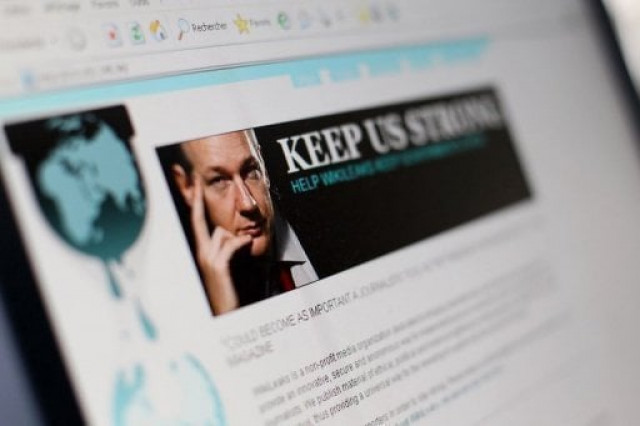Shooting the messenger
Instead of condemning WikiLeaks, the government should be thankful that it brought military meddling to the fore.

Right now, Pakistan needs to worry less about who is behind WikiLeaks and concentrate on dealing both with the public-relations fallout of the leaks and, more substantively, fixing the governance issues that have been brought to the fore by the cables. It has always been an open secret that the military acts as a puppet-master, pulling the strings of democratic governments to ensure its interests and ideology is advanced. Only now do we have confirmation, though, of just how tenuous the hold of democracy in the country really is. Army chief Ashfaq Parvez Kayani saw no problem in speculating about removing the president and installing his preferred prime minister. Such blatant interference is intolerable and, because it took place behind a veil of secrecy, more insidious even than direct military takeovers. Instead of condemning WikiLeaks, the government should be thankful that it brought military meddling to the fore. Now that the citizenry has some idea of the extent of army control of the democratic process, there is a chance that there will be a push-back against the men in uniform.
President Asif Zardari and opposition leader Nawaz Sharif will surely be upset that the extent of their unpopularity throughout the diplomatic world is now available for public consumption. Both need to resist the urge to scapegoat WikiLeaks for shredding their reputations. Instead, they need a bout of soul-searching to try and figure out just how their names and the collective reputation of the country has plummeted so much. The fault, the government needs to realise, lies not in WikiLeaks but in ourselves.
Published in The Express Tribune, December 5th, 2010.















COMMENTS
Comments are moderated and generally will be posted if they are on-topic and not abusive.
For more information, please see our Comments FAQ